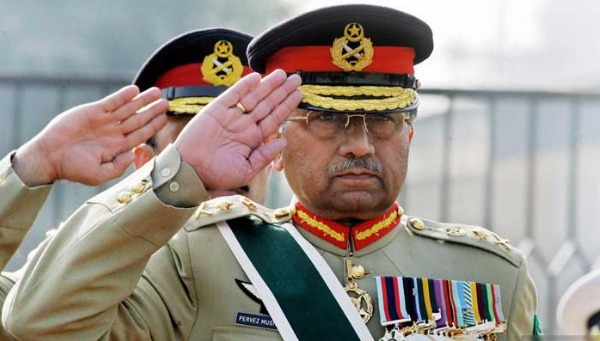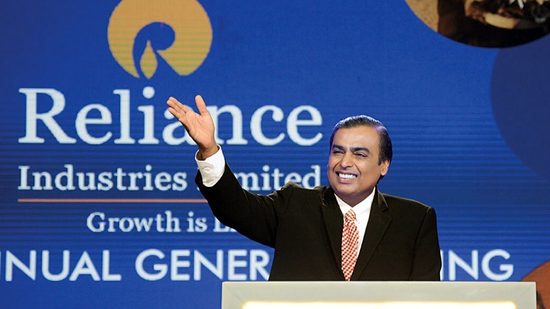
Pervez Musharraf, the former President of Pakistan, is widely regarded as the mastermind behind the Kargil War, one of the most dramatic events in the history of South Asia. The conflict, which took place in 1999 between India and Pakistan, was marked by heavy fighting in the Kargil district of Indian-administered Kashmir and lasted for several months, claiming the lives of hundreds of soldiers from both sides.
Despite his reputation as the architect of the conflict, Musharraf remains a controversial figure in Pakistani politics, with many still grappling with the legacy of his rule. In this article, we will explore the events leading up to the Kargil War, the role that Musharraf played in the conflict, and the ongoing impact of the war on the region.
The Kargil War: A Brief Overview
The Kargil War was a result of a series of strategic miscalculations and missteps by both India and Pakistan. In early 1999, Pakistan-backed militants infiltrated the Kargil district of Indian-administered Kashmir and established several outposts along the ceasefire line, known as the Line of Control (LoC). The militants, who were later revealed to be a combination of Pakistani soldiers and separatist fighters, soon began to harass Indian military patrols in the area and threaten vital supply routes.
Despite initial hesitation, India soon launched a massive military operation to reclaim the occupied territory. The conflict, which lasted for several months, was characterized by heavy artillery exchanges, air raids, and brutal hand-to-hand combat. Ultimately, India was successful in reclaiming the occupied territory, and the conflict ended in a stalemate, with both sides claiming victory.
Pervez Musharraf’s Role in the Kargil War
Pervez Musharraf, who was serving as the Chief of Army Staff of Pakistan at the time, was widely regarded as the mastermind behind the Kargil War. According to numerous accounts, Musharraf, who was eager to establish his reputation as a strong and decisive leader, ordered the infiltration of the Kargil district without consulting with the civilian government. This decision, which was reportedly made without proper intelligence or logistical support, was a clear violation of the LoC, and India responded with force.
Despite his initial bravado, Musharraf soon realized the error of his ways, and he was forced to negotiate with the international community to secure a peaceful resolution to the conflict. Under international pressure, Musharraf agreed to withdraw Pakistani forces from the occupied territory, and the conflict came to an end.
The Legacy of the Kargil War
The Kargil War had a profound impact on the region, and its legacy is still felt today. For Pakistan, the conflict was a major embarrassment, as it demonstrated the military’s inability to achieve its strategic objectives and highlighted the deep rift between the military and the civilian government. For India, the conflict was a wake-up call, and it led to a significant increase in defense spending and military modernization.
In the years since the conflict, relations between India and Pakistan have remained strained, and the issue of Kashmir continues to be a major source of tension between the two countries. Meanwhile, Pervez Musharraf, who went on to become President of Pakistan, remains a polarizing figure in Pakistani politics, with many still grappling with the legacy of his rule.
Conclusion
The Kargil War was a major turning point in the history of South Asia, and it had a profound impact on the region. Despite his reputation as the mastermind behind the






